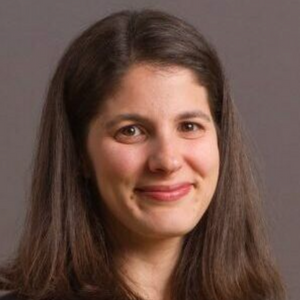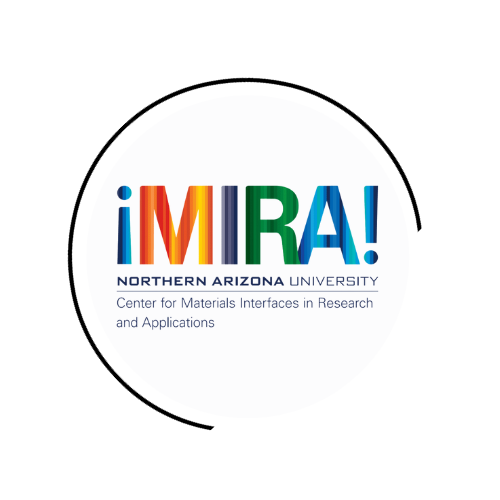
Heidi Feigenbaum
Professor
Department of Mechanical Engineering
Contact information
Email: Heidi.Feigenbaum@nau.edu
Phone: 928-523-5326
Office: 36-338
About
Dr. Heidi P. Feigenbaum’s expertise is in theoretical solid mechanics and her research focuses on modeling the behavior of materials and structures. She has extensive experience deriving constitutive models from fundamental principles that accurately reflect experimental observations. Accurate and reliable models for the behavior of materials are increasingly important as engineers have more computational power and thus can analyze more complex conditions, but such analyses are only as good as the underlying constitutive model. She has also worked on numerical implementation of constitutive models, modeling structures with complex geometries, using finite elements to simulate structures under mechanical, thermal, and/or magnetic loads, and experimentally characterizing materials/structures. Ultimately, Dr. Feigenbaum’s research leads to a better understanding of and predictions for the behavior of materials/structures, which in turn can lead to safer, cheaper, more reliable, and more efficient design, and new technologies.
Dr. Feigenbaum is actively engaged in three research projects:
1. Modeling the plastic behavior of metals: Dr. Feigenbaum and collaborators developed a model for yield surface distortion from the principles of thermodynamics that simply and accurately captures the yield surface shape seen in experiments and used this model to simulate multiaxial cyclic plastic loading.
2. Characterizing and modeling the behavior of magnetic shape memory alloys (MSMAs): Dr. Feigenbaum and her students have developed constitutive models that relate the continuum level stress, strain, applied magnetic field, and magnetization for magnetically shape memory single crystals under general loading.
3. Characterizing and modeling biomimetic artificial muscle: Twisted polymer actuators (TPAs) are a novel, inexpensive, biomimetic artificial muscle made from drawn polymer monofilaments with very promising potential uses in robotics and biomedical rehabilitation devices. Dr. Feigenbaum and collaborators have developed a model for torsional actuation of TPAs both in closed form and with finite element software using only the properties of untwisted monofilaments.
Education
- Ph.D., Civil and Environmental Engineering, with emphasis in Engineering Mechanics, University of California at Davis, March 2008. – Major Field of Study: Solid Mechanics – Minor Fields of Study: Applied Math and Fluid Dynamics
- Master of Science, Civil and Environmental Engineering, with emphasis in Engineering Mechanics, University of California at Davis, June 2005. – Major Field of Study: Solid Mechanics
- Bachelor of Science, Civil Engineering, Cornell University, Ithaca, NY, May 2002. – Concentration: Structural Engineering – Minor: Applied Math

